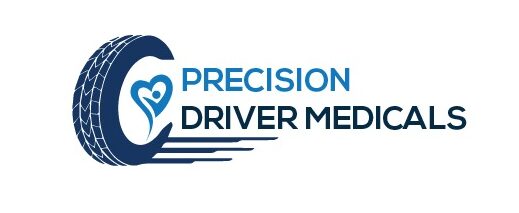Are you curious about Does HGV Medical Test for Drugs In UK? Find out what’s involved in the HGV medical examination and whether drug testing is part of the process. Learn how Precision Driver Medicals can help.
Introduction:
When applying for an HGV (Heavy Goods Vehicle) license in the UK, one of the key steps is undergoing a medical examination. This examination, set by the DVLA (Driver and Vehicle Licensing Agency), ensures that drivers meet specific health requirements, guaranteeing their ability to drive safely. A common question is whether the HGV medical test checks for drugs in the UK. This blog post will explore the HGV medical test, whether it includes drug testing, and what you need to know about this critical step in becoming an HGV driver.
Precision Driver Medicals is your go-to for affordable, DVLA-compliant medical assessments for commercial drivers, including HGV, PCV, taxi, and private hire drivers. We understand the importance of flexibility, so we offer Flexible, evening, and weekend appointments to cater to your needs. Let’s now delve into the details of the HGV medical test.
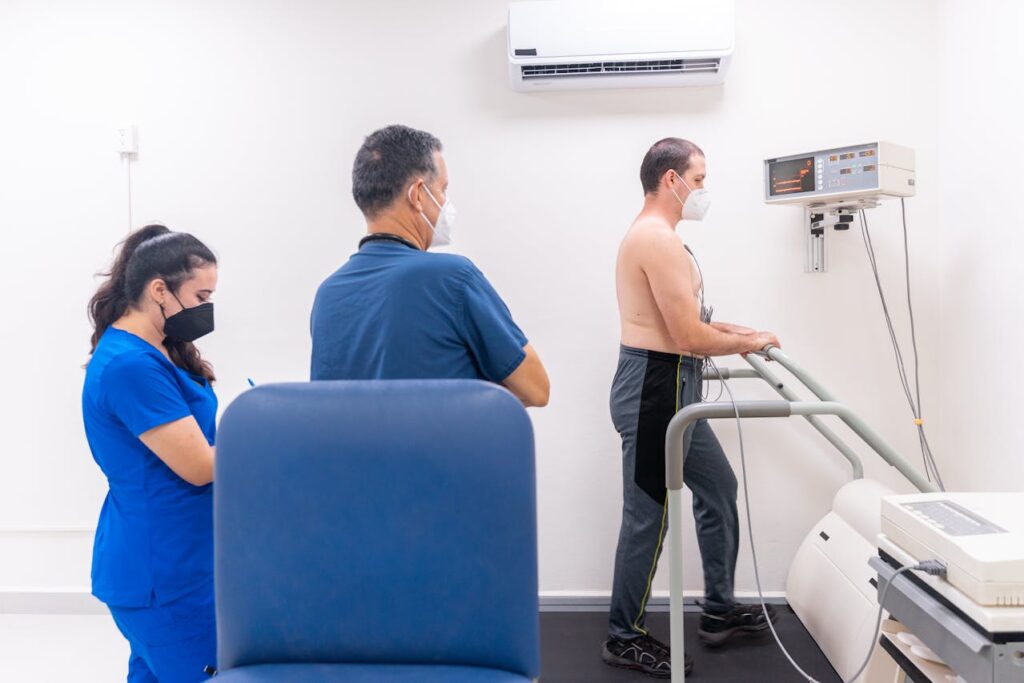
What Does the HGV Medical Test Involve?
Before getting into whether the HGV medical tests are for drugs, it’s essential to understand what is included in the HGV medical examination. The test assesses your physical and mental health to ensure you can drive large vehicles safely. The key areas covered in an HGV medical test include:
- Vision Test: Drivers are required to pass a basic vision test. This includes reading a number plate from a distance of 20 meters, which is the minimum standard the DVLA sets for HGV drivers.
- Blood Pressure Check: High blood pressure can be dangerous for drivers, so the medical test includes a blood pressure check to ensure it’s within a safe range.
- Physical Health Assessment: Your general physical health, including your heart, lungs, and overall fitness levels, will be assessed. Any pre-existing medical conditions affecting your driving ability will also be reviewed.
- Mental Health Assessment: The test also considers your mental well-being, as driving large vehicles requires focus, alertness, and decision-making abilities.
- Height and Weight: A height and weight assessment is conducted to check for obesity, which can contribute to other health problems that impair one’s ability to drive safely.
However, despite the thorough examination of your physical and mental health, drug testing is not a standard part of the HGV medical test in the UK.
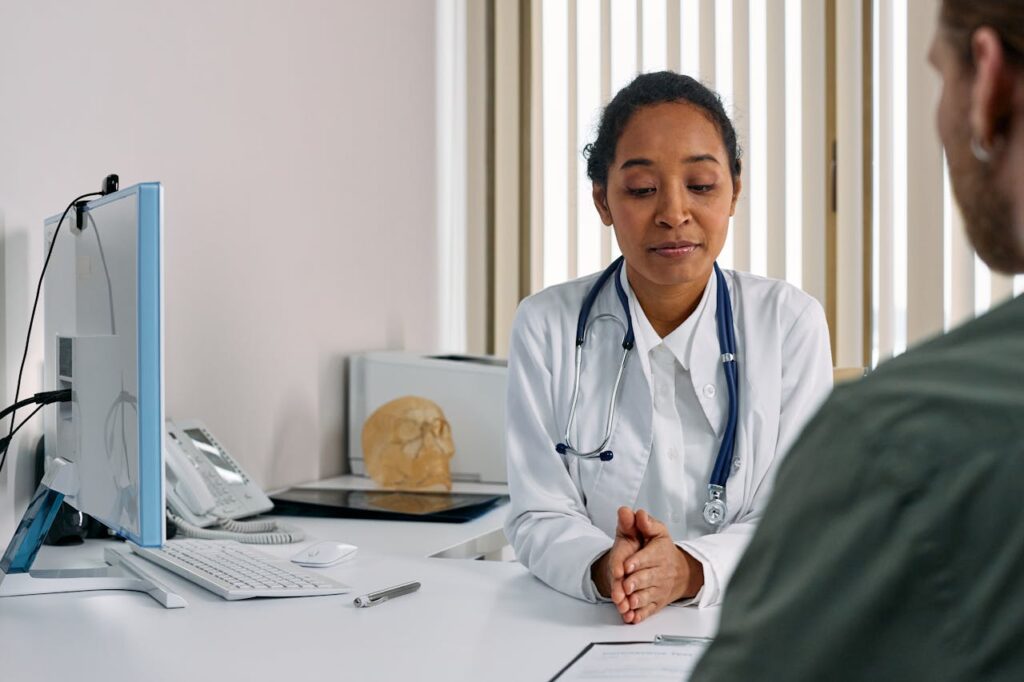
Does the HGV Medical Test Check for Drugs in the UK?
The simple answer is No. In the UK, the HGV medical test does not test for drugs. The medical examination primarily assesses whether a driver can operate an HGV based on their physical health, vision, blood pressure, and mental health. Drug testing is not included as a routine part of the examination process.
However, this does not mean that drug use is overlooked in the licensing process. There are several essential points to consider regarding drugs and HGV drivers:
- Drug Use and Driving: The DVLA is obvious that drivers must not operate a vehicle under the influence of any drug, including prescription medication, over-the-counter drugs, or illegal substances. If a driver is found to be impaired by drugs, it can lead to severe penalties, including the loss of their HGV license.
- Medical Disclosure: During the HGV medical, you may be asked about any medications you take. If you are on prescription drugs that could affect your ability to drive safely, you are required to disclose this information. This is part of the medical screening process, but it is not a specific test for illegal drugs.
- Random Drug Testing: Although drug testing is not part of the initial HGV medical examination, there is still a risk of random drug testing while on the job. Employers may require HGV drivers to undergo random drug testing as part of their workplace safety policies. Additionally, roadside drug tests can be conducted by law enforcement if you are suspected of driving under the influence.
- Penalties for Drug Use: If you test positive for drugs while driving, whether on the road or at a roadside check, you can face penalties, including disqualification from driving, fines, and even imprisonment. This serious issue for HGV drivers should not be taken lightly.

Why the HGV Medical Doesn’t Include Drug Testing
While drug testing should be included in the HGV medical process, the primary purpose of the medical examination is to assess whether a driver’s physical and mental health is sufficient to drive a large vehicle safely. The DVLA and other regulatory bodies focus on health conditions that could directly affect driving abilities, such as poor vision, high blood pressure, and certain medical conditions like epilepsy or heart disease.
Drug testing, on the other hand, is typically seen as a separate issue. Since illegal drug use and prescription medication misuse can affect a driver’s ability to operate a vehicle, they are addressed separately under different regulations. The focus of the HGV medical is more on ensuring the driver is fit to handle the physical demands of driving a large vehicle rather than identifying drug use.
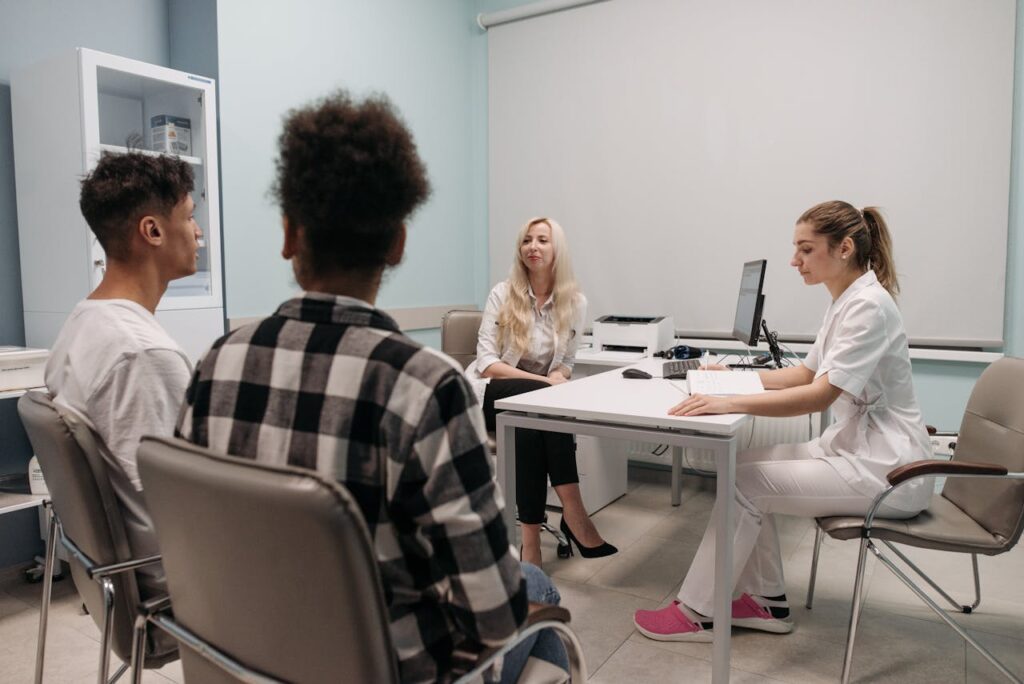
What Happens If You Are Found to Be Using Drugs?
While drug testing is not part of the HGV medical, it is still critical for drivers to understand the consequences of drug use when applying for or holding an HGV license. Below are the key factors to consider:
- Disclosure of Medication: If you are taking any medication that could impair your ability to drive, you must disclose this information to your doctor during the medical examination. This includes both prescription and over-the-counter medications. Failing to disclose this could result in penalties, including disqualification from driving.
- Roadside Drug Testing: If you are stopped by police on the road, you may be required to undergo a roadside drug test if they suspect you are driving under the influence. If you fail this test, it could result in a driving ban and legal consequences.
- Workplace Random Testing: Some employers conduct random drug tests on their drivers as part of their safety protocols. If you are caught using drugs at work, it could lead to disciplinary action, job termination, or legal penalties.
- Illegal Drugs: Using illicit drugs, such as cannabis, cocaine, or heroin, while driving is a serious offence. If caught, you can face criminal charges, including losing your HGV license and potential jail time.
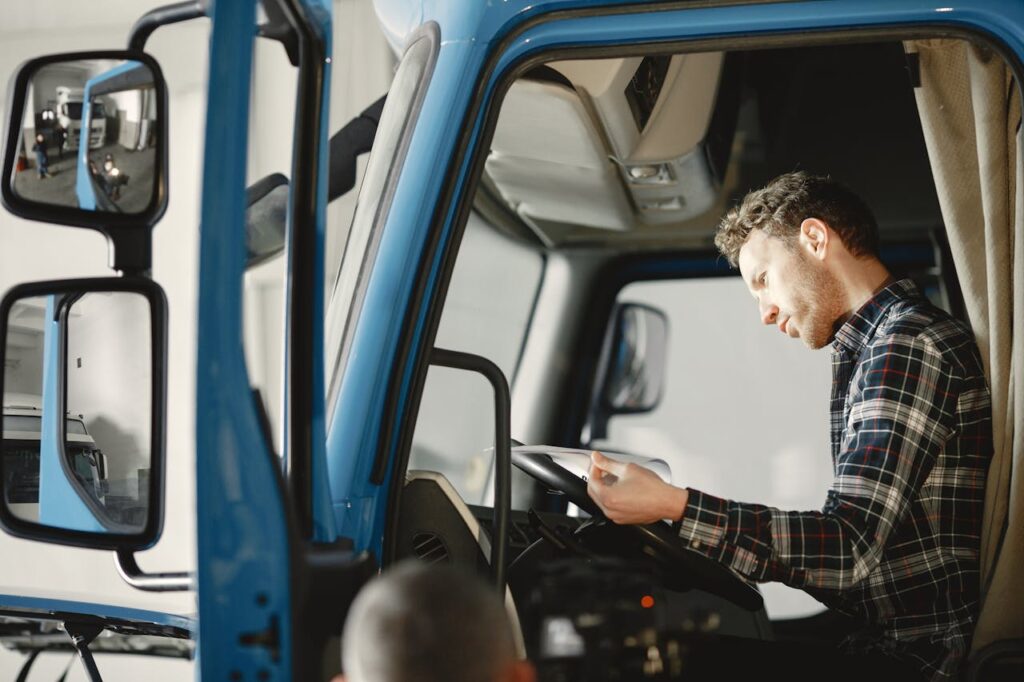
Judgment
While the HGV medical test in the UK does not include drug testing, it is essential to remember that driving under the influence of drugs – whether prescription or illegal – is illegal and dangerous. Even though the medical exam focuses on your physical and mental health, it’s your responsibility as a driver to ensure that you are fit to drive and that you are not impaired by drugs or alcohol.
At Precision Driver Medicals, we offer affordable, same-day HGV medical assessments and ensure that you meet the necessary DVLA requirements. Our medical exams are designed to keep you healthy and safe on the road, providing you meet all the standards for your HGV license.
If you have any concerns about medications or drug use, we recommend speaking to a medical professional for advice before your examination. Ensuring that you are fit to drive is not just about passing the medical test – it’s about being responsible and safe on the road.

Related Topics
- Renewing Driver Medical Certificate in UK : 2025 Updates
- Guide to Renew Provisional Driving Licence in the UK
- Expert Medicals for HGV – Drivers meet all health requirements
- Precision Driver Medicals: Your Trusted “Taxi Doctor” Across the UK
- Medical D4 form – HGV/PCV & Taxi Specialists
- Reliable Provider of Driving Medicals in the UK
- Uncovering the D4 Medical Form: A Step-by-Step Guide
- The Importance of HGV Medicals: Best HGV Medicals Near Me
- Eyesight Requirements for Driving in UK
- Driver medical check-up process in UK
- Renewing driver’s medical certificate
- How long does a medical last for hgv
- What happens if you fail an HGV medical exam
